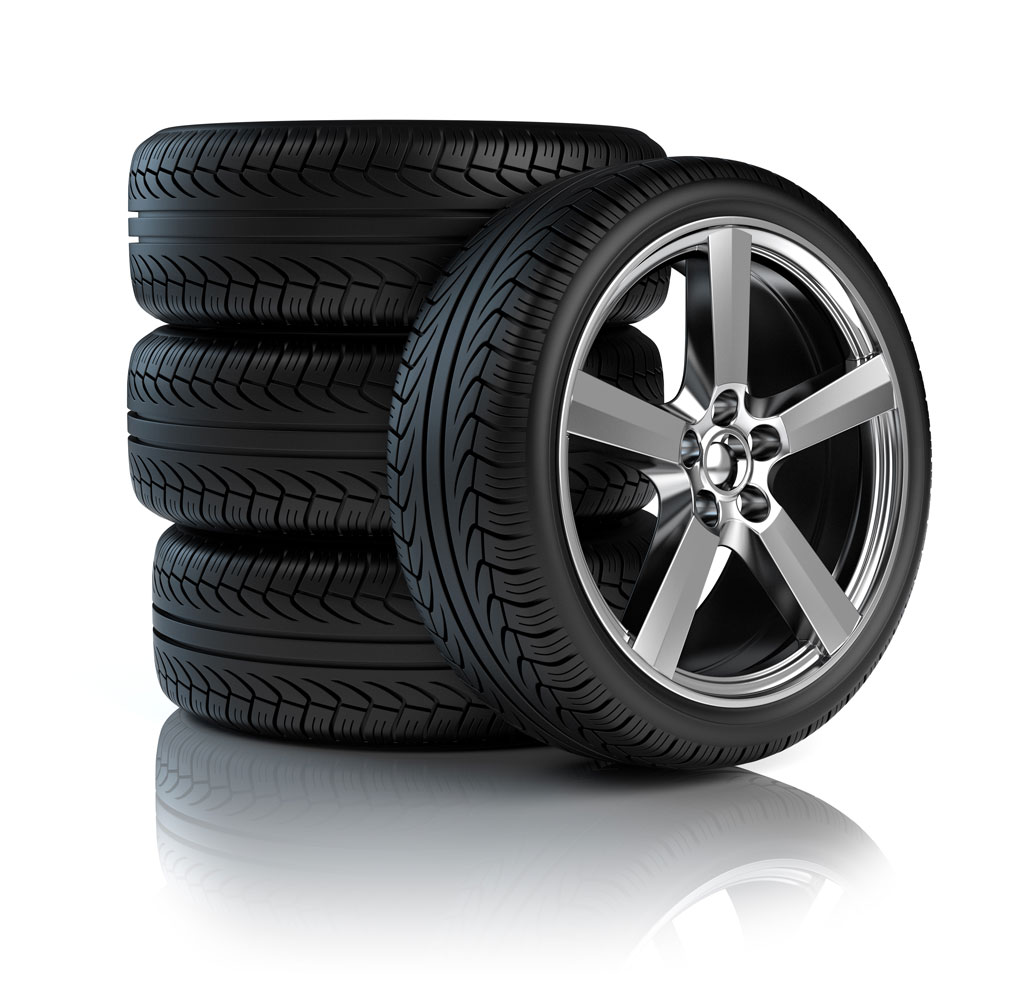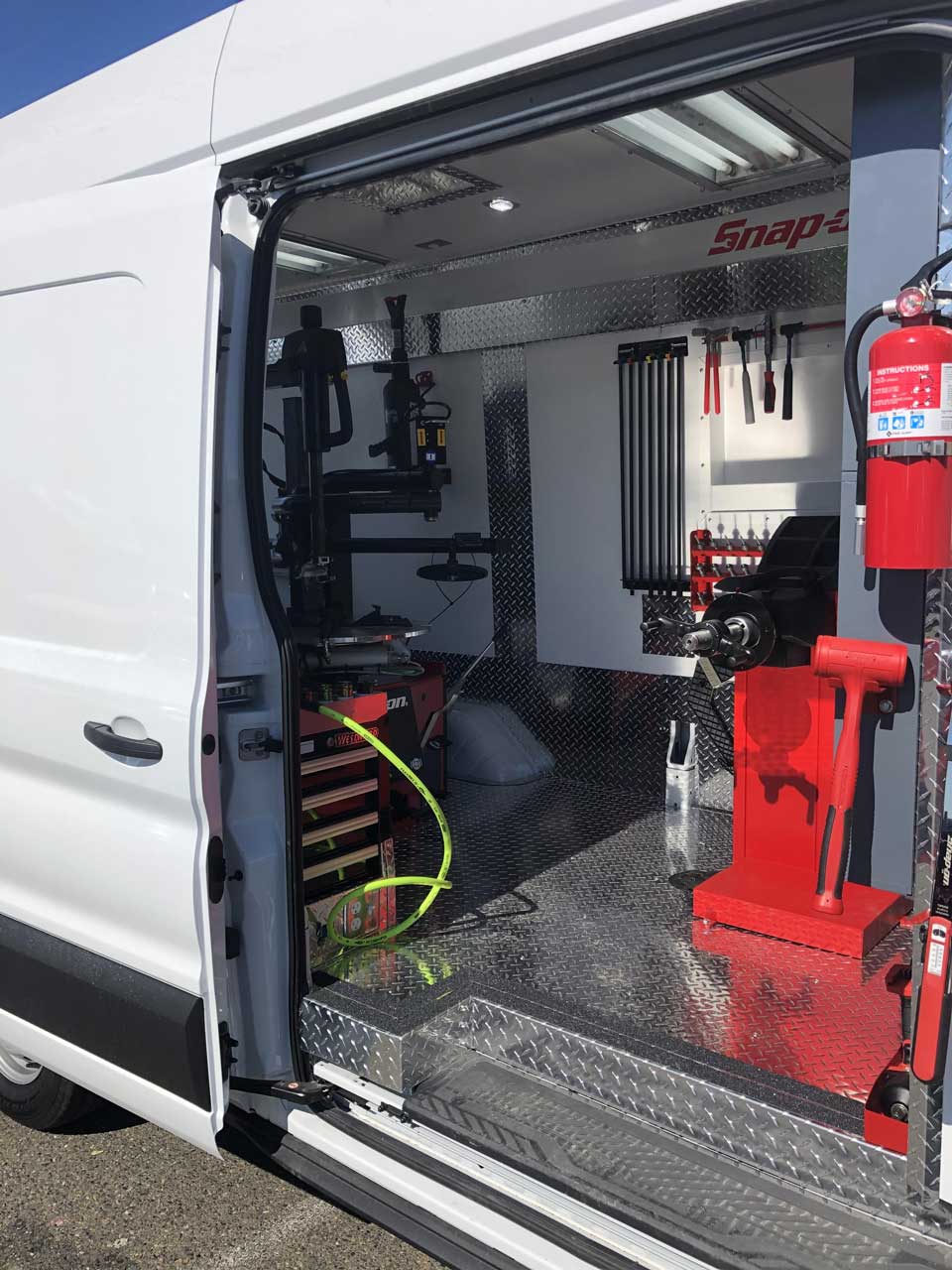Elevate Your Ride: Count On Morris Tires for GMC Tires Service
Elevate Your Ride: Count On Morris Tires for GMC Tires Service
Blog Article
Tire Service: The Impact of Weather Condition Conditions
When it comes to ensuring ideal performance and safety when traveling, understanding the impact of weather on tire solution is crucial. From scorching heat to icy roadways, each climate aspect can substantially affect tire performance and total driving experience. By delving into the effects of differing weather problems on tires, chauffeurs can get important understandings that may improve their automobile's efficiency and durability. In this conversation, we will check out the elaborate relationship between climate condition and tire service, losing light on the value of weather-specific tire upkeep practices and factors to consider.
Heat and Tire Efficiency
When revealed to heats, tires experience adjustments in performance that can significantly influence vehicle safety and handling. The heat produced from extended driving or heat conditions creates the tire rubber to soften, bring about lowered step life and enhanced wear. As the rubber ends up being softer, the tire's hold when traveling lessens, affecting stopping ranges and overall grip. In severe instances, excessive heat can even trigger tire blowouts, positioning a severe security risk to the lorry and its passengers.

Winter Effects
Cold weather conditions can have a substantial effect on tire performance and safety and security. As temperatures drop, tire rubber can solidify, bring about lowered traction on icy or snow-covered roadways. In winter, tires might also lose atmospheric pressure extra swiftly, which can influence handling and fuel efficiency. Additionally, cool temperature levels can cause tire sidewalls to tense, raising the threat of damages from potholes or other road hazards.
To reduce the impacts of chilly weather condition on tires, it is essential to routinely check tire pressure and inflate them to the producer's advised levels. Using wintertime or all-season tires developed for winter problems can additionally boost traction and grasp on icy or snowy roads. Proper tire upkeep, consisting of routine evaluations for wear and damage, comes to be a lot more important during chillier months to guarantee ideal efficiency and safety and security.
Rainy Issues Influence
During wet problems, tire performance and safety can be considerably influenced by the damp road surface areas and lowered exposure. The step pattern of tires plays an essential role in keeping grip on damp roads. Tires with damaged treads are much more vulnerable to hydroplaning, where a layer of water accumulates between the tire and the roadway surface, causing loss of grip. To fight this, motorists should regularly examine their tires for sufficient tread deepness and consider buying tires specifically created for wet problems.
Furthermore, rainy weather condition can additionally lower exposure, making it challenging for drivers to see the roadway in advance clearly (GMC Tire Service). In such conditions, it is important to adjust driving rates appropriately and preserve a risk-free complying with range to permit abrupt stops. Effectively filled with air tires can additionally assist in preserving control on damp roads by supplying much better handling and grip
Snow and Tire Security
When driving in snowy conditions, having the best tires can make a considerable difference in safety and performance. Winter tires are created with special rubber substances and walk patterns to give better grip on snow and ice contrasted to all-season tires.

It is crucial to follow supplier directions Check Out Your URL when installing and utilizing tire chains to stop damages to the tires and vehicle. By selecting the right tires, preserving see it here appropriate inflation, and considering additional grip aids like tire chains, motorists can enhance their safety and security when navigating snow-covered roads.
Weather-Related Tire Maintenance
Weather-related tire maintenance includes a range of practices intended at guaranteeing ideal tire feature and durability in different weather condition scenarios. One vital element of weather-related tire upkeep is tire stress guideline. Inspecting tire walk frequently and changing tires when step wear gets to a particular depth is important for keeping traction and security in negative climate.
Verdict
Finally, climate condition have a substantial influence on tire efficiency and safety and security. From warm affecting tire pressure and use to winter decreasing grip, it is vital to consider the weather condition when maintaining and utilizing tires. Stormy conditions can lower hold and result in hydroplaning, while snow can raise the threat of mishaps if tires are not correctly outfitted. Weather-related tire upkeep is critical in ensuring optimum performance and safety and security when driving.
In this conversation, we will check out the intricate connection in between weather condition conditions and tire solution, dropping light on the relevance of weather-specific tire maintenance practices and factors to consider.

Report this page